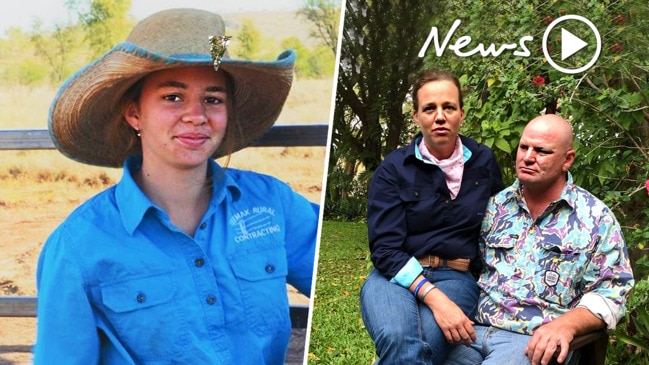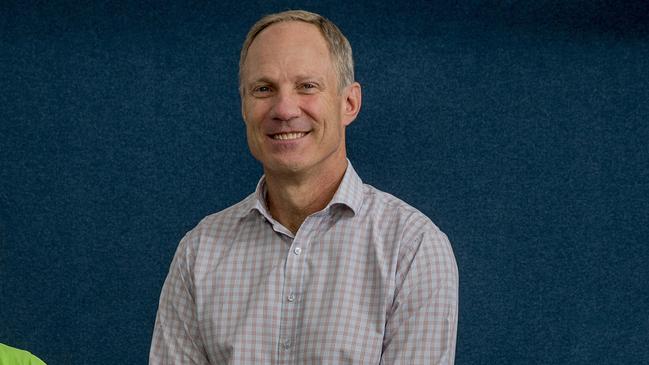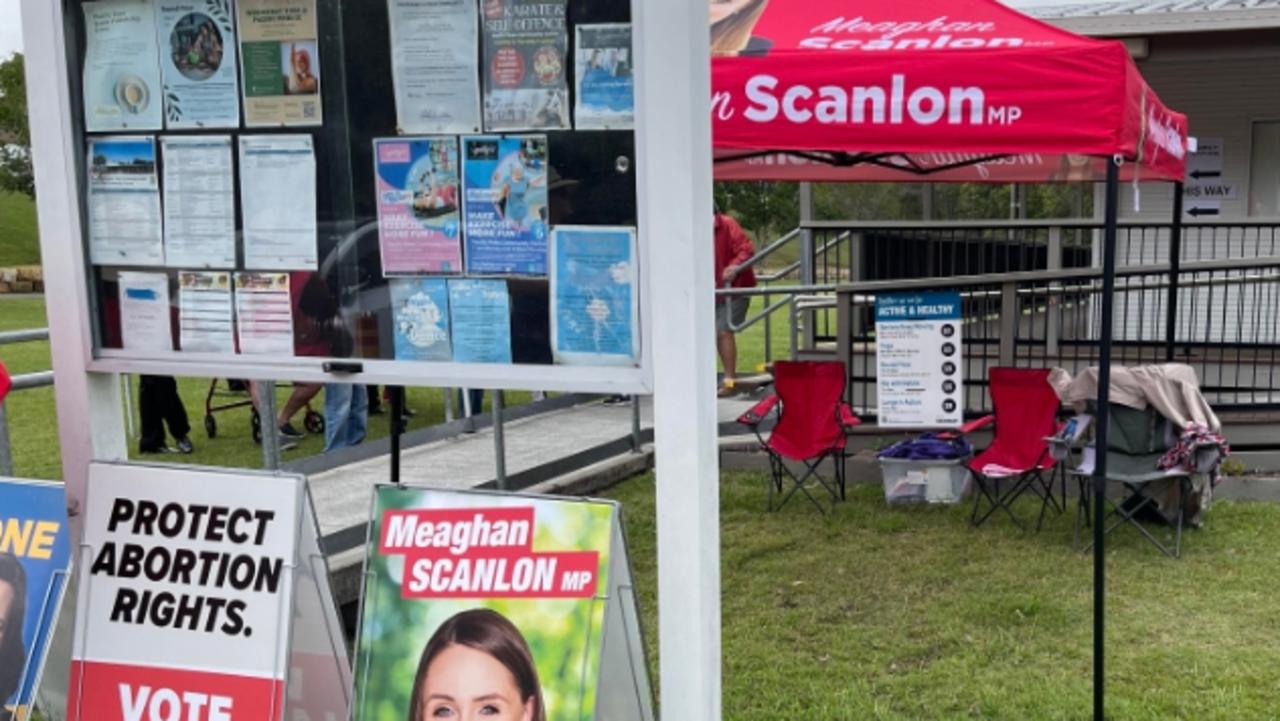New plan to slow Coast’s rising suicide rate with online training
Suicide rates across the Gold Coast are increasing but support services are struggling to cope. Federal and State health services have a brave new plan to stop more tragedy that could change lives in just one hour.

Gold Coast
Don't miss out on the headlines from Gold Coast. Followed categories will be added to My News.
- GOLD COAST CHILDCARE: HOW YOUR CENTRE RATES FROM GOOD TO BAD
- EXCLUSIVE: NEW CHRIS HEMSWORTH SCI-FI BLOCKBUSTER TO START FILMING ON THE GOLD COAST
SUICIDE rates across the Gold Coast are anecdotally rising and mental health, drugs and alcohol support services are struggling to cope with unprecedented demand.
Since April alone the need for psychologist through the local Primary Health Network (PHN) has more than doubled, going from 95 clients to 238 by September.
Need has jumped 48 per cent in the last five years with 68,446 locals engaged in some form of mental health support in 2019.
But behind the scenes Federal and State health services are working together to develop a regional plan to meet the future mental health needs of the city’s growing and ageing population.
This year the Gold Coast Primary Health Network (GCPHN) and Gold Coast Health (GCH) worked have developed an “aspirational” road map that pinpoints how to meet the mental health needs of the community in the future and reduce rates of suicide – called the Joint Regional Plan for Mental Health, Suicide Prevention, Alcohol and Other Drug Services in the Gold Coast region.

This comes in addition to a State Government commitment to build a $111.3 million 40 bed mental health rehabilitation facility at the Gold Coast University Hospital.
GCPHN chief executive Matt Carrodus said the aggressive strategy to lower suicide rates is now also providing locals with free online training through the Black Dog and QPR Institute, to help them identify the warning signs.
“It will only take participants one hour to complete, but could be life-changing and lifesaving for Gold Coast residents,” he said.
“As for the delivering of mental health services, one of the biggest challenges for the Gold Coast was ensuring equity of access, particularly because the population was spread across a large geographical area.
“I think the Gold Coast’ northern corridor is certainly as area of significant growth, especially for young people, so it’s certainly on the radar for us to look at what’s the next service we can offer in this area.”
Services have also changed during COVID for the better with one-third of the population opting for phone connections as opposed to face-to-face contact.
“This mixed modality of our services is something we’re working. We need to look ahead in the future and ensure we make it as easy as possible for people to use mental health services, but also so it’s delivered in a way that individuals get the most of it.”
Into the future the road map also focuses on mental health of the ageing population and youth services.
Originally published as New plan to slow Coast’s rising suicide rate with online training


